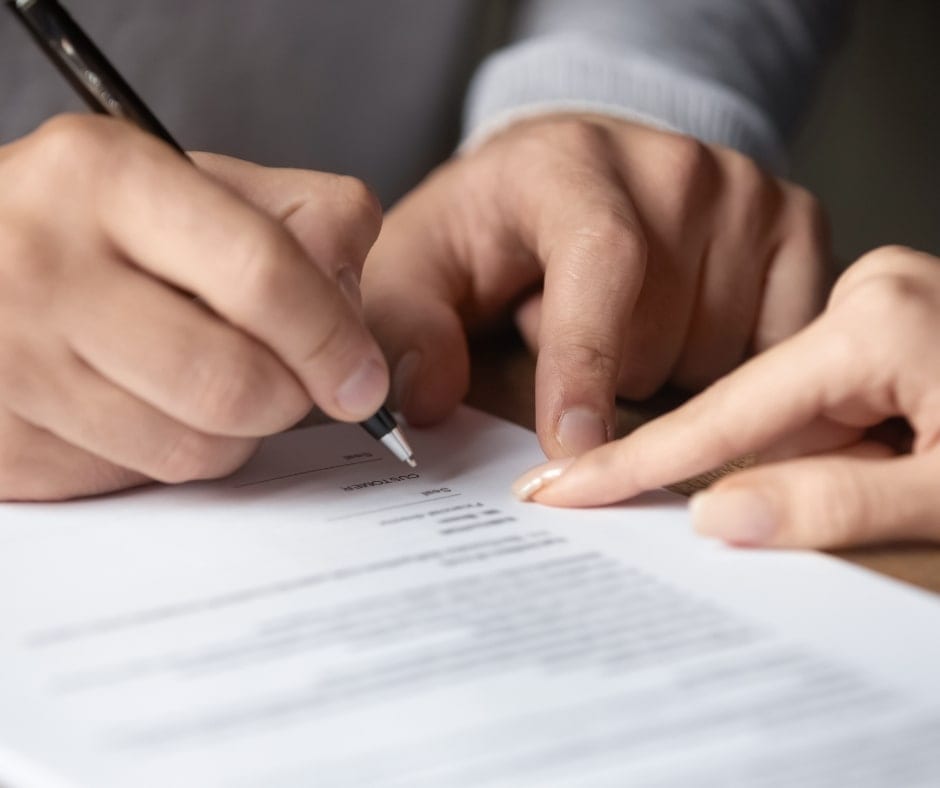Opening up about any kind of abuse is far from easy. Emotional abuse can be particularly difficult to talk about, as it’s not uncommon for the victim to think they are overreacting. Due to the lack of tangible, physical acts of violence immediately recognisable as abuse – for example, a slap, kick or punch – the victim may not recognise that they are trapped in a pattern of emotional abuse in the first place.
What is emotional abuse?
Defining emotional abuse is not straightforward, as it can manifest in a number of ways. Even experts fail to agree.
The American Psychological Association‘s (APA) Dictionary of Psychology offers one of the clearest definitions. It describes emotional abuse as, “A pattern of behaviour in which one person deliberately and repeatedly subjects another to nonphysical acts that are detrimental to behavioural and affective functioning and overall mental well-being.”
The APA also notes that while it has yet to formulate a definition that is universally agreed on, researchers have identified many forms that emotional abuse can take. These include:
- Verbal abuse
- Intimidation and terrorization
- Humiliation and degradation
- Exploitation
- Harassment
- Rejection and withholding of affection
- Isolation
- Excessive control
A common example of emotional abuse is the continuous belittling of the victim. This will often be shrouded under the guide of being just a joke. Pointed comments that address known worries or concerns, such as making a remark about someone’s weight if they are self-conscious about their figure, followed by the claim that it was ‘just a joke’ when the other party becomes upset is one such scenario.
What are the signs of emotional abuse?
In order to recognise the signs of emotional abuse, it is important to remember that it won’t be an isolated accident. A badly thought-out joke or a dismissive comment can happen in any relationship – and while none of us like to see our friends hurt or upset, an isolated incident may not be a warning sign of emotional abuse within their relationship. A repetition of that behaviour on a regular basis becomes a cause for concern. The NHS advice on emotional abuse includes the following questionnaire, which can be helpful to reference if you’re concerned about a friend’s wellbeing.
Does your partner or someone you live with ever:
- Belittle you, or put you down?
- Blame you for the abuse or arguments?
- Deny that abuse is happening, or downplay it?
- Isolate you from your family and friends?
- Stop you going to college or work?
- Make unreasonable demands for your attention?
- Accuse you of flirting or having affairs?
- Tell you what to wear, who to see, where to go, and what to think?
- Control your money, or not give you enough to buy food or other essential things?
- Monitor your social media profiles, share photos or videos of you without your consent or use GPS locators to know where you are?
These questions can bring clarity to the situation and help both the victim and their friends and loved ones recognise patterns of emotional abuse. For a possible victim’s friend, it may be difficult to know all the answers to these questions; the fact that much of it will be happening behind closed doors is precisely what any abuser relies on. However, you may still pick up signs that make you suspect your friend is a victim of emotional abuse; for example, they may seem to have lost confidence or have stopped going out with friends quite as much.
If you suspect emotional abuse is behind those changes – how do you address that?
Find a quiet place to talk
You need to open a communication channel and do so without judgement. Choose somewhere that is private where you can talk with no fear of the potential abuser overhearing or intervening.
It’s wise to begin by expressing concern for their well-being and asking if anything is wrong. You can then take the conversation from there in a tone that should remain friendly, and never preachy or judgemental. Focus on asking how they’re doing and how they’re feeling. They may not tell you everything during the first conversation, or even the second – what matters is that the line of communication remains open.
Actively listening, without judgement and without interrupting, will help your friend know they are safe to speak out should they wish to do so.
Fear of being judged makes it difficult for many victims of emotional abuse to speak up, so it’s important to be mindful of your use of language. It may seem obvious, but it is very easy to slip into phrases such as “how can you stand this?” or “why didn’t you leave?”, out of concern for the friend or anger against the abuser. Such statements may be well-intentioned but place the blame on the victim and may cause your friend to close off. If they talk about emotional abuse, validate their feelings; let them know that they have every right to feel the way they do, that what happened was not their fault – and most importantly, let them know that you support them, and will be there should they need help.
If you or someone you know is experiencing emotional abuse, National Legal Service can help connect you with expert support, including our experienced team of family solicitors. Arrange a confidential consultation with us to find out more.










